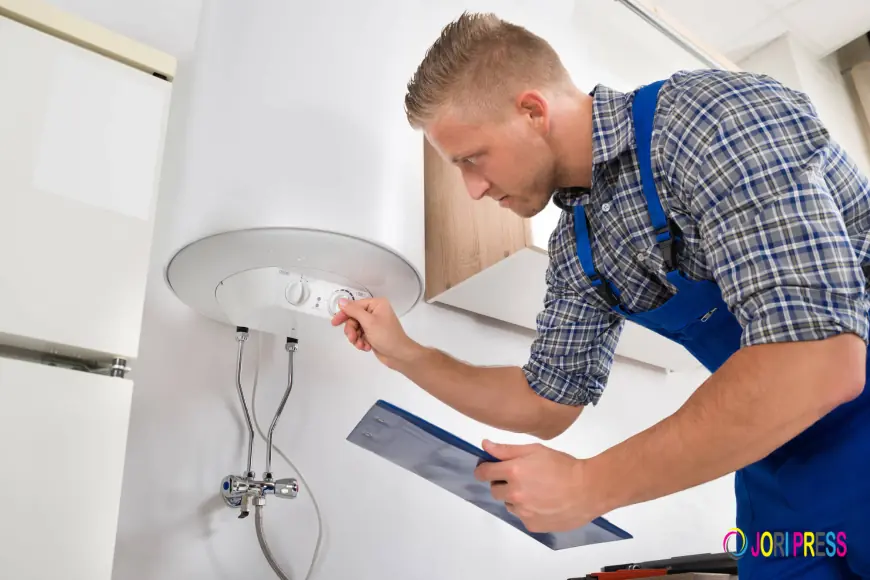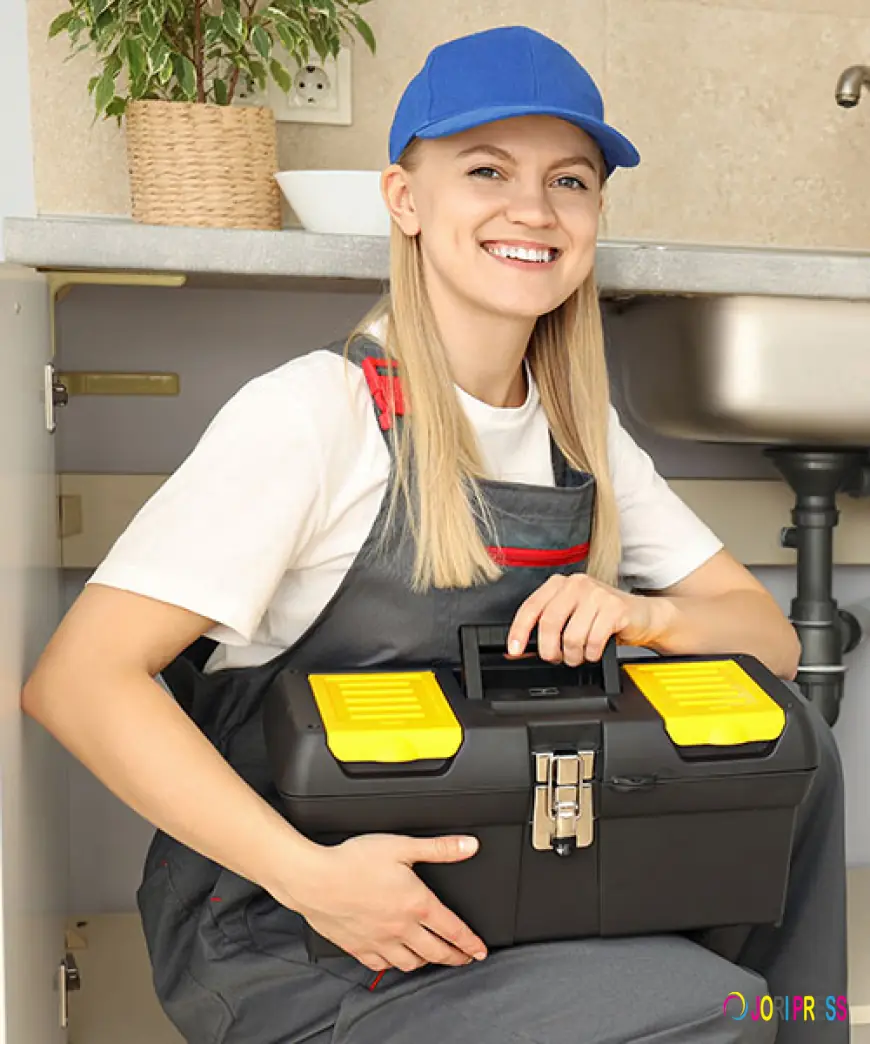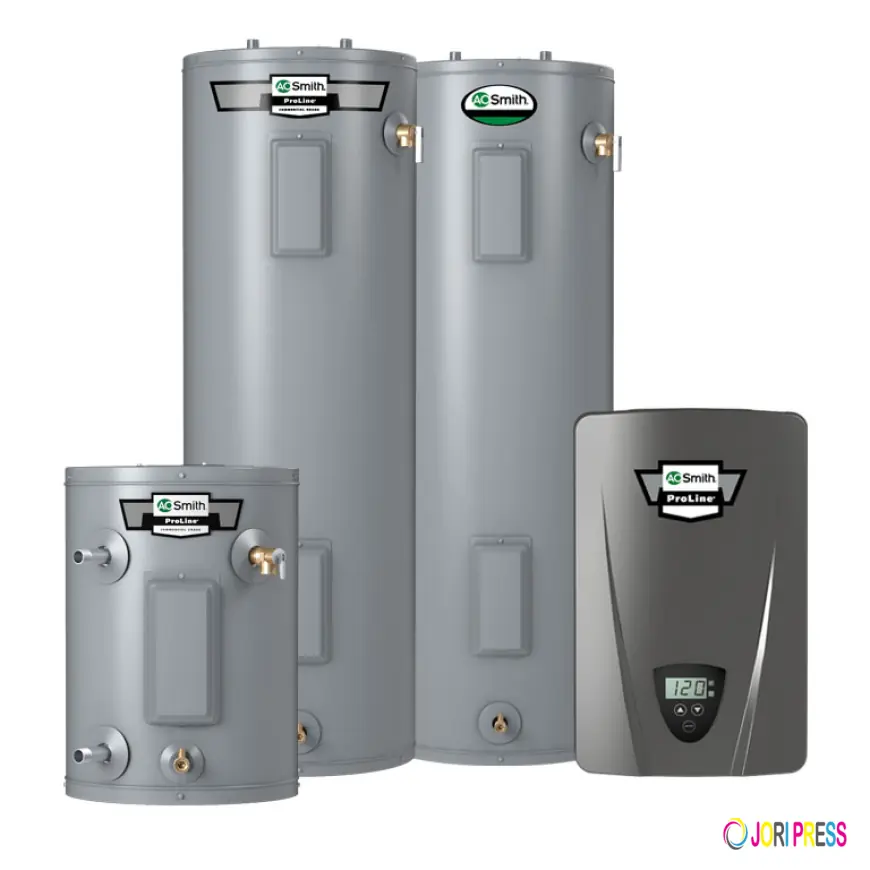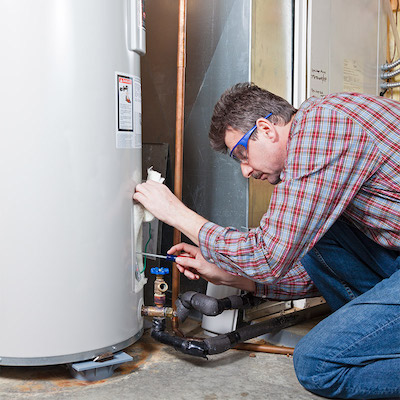There’s nothing quite like the sinking feeling of stepping into a cold shower on a chilly Texas morning, only to realize your water heater has finally given up on you. For homeowners in Midlothian, this scenario often comes at the worst possible time, leaving families scrambling to find hot water for basic daily needs like cooking, cleaning, and bathing. The stress of dealing with a broken water heater is compounded by the uncertainty of costs, the fear of being overcharged, and the pressure of making a quick decision about a significant home investment. But here’s the good news: understanding the true cost of water heater installation in Midlothian TX doesn’t have to be overwhelming, and with the right information, you can make a confident decision that fits your budget and meets your family’s needs. Whether you’re dealing with an emergency replacement or planning an upgrade, knowing what to expect can save you hundreds of dollars and countless headaches. If you need immediate assistance or want to discuss your specific situation with someone who genuinely cares about getting you the best solution, give us a call at (877) 398-4547 and let’s talk through your options together.
Average Water Heater Installation Costs in Midlothian TX
When it comes to water heater installation in Midlothian TX, I’ve seen too many homeowners caught off guard by the final bill simply because they didn’t understand the full scope of what’s involved. After years of helping families throughout Ellis County, I can tell you that most complete installations fall between twelve hundred and forty-five hundred dollars, but that range tells only part of the story. Traditional tank water heaters remain the most popular choice among Midlothian homeowners. A standard forty-gallon tank installation typically runs between twelve hundred and twenty-five hundred dollars, which includes the unit itself, professional installation, necessary permits, and disposal of your old heater. If you have a larger family or higher hot water demands, a fifty-gallon tank will cost slightly more, usually ranging from fourteen hundred to three thousand dollars.Tankless water heaters have gained significant traction in recent years, particularly among homeowners building new homes or doing major renovations in the growing Midlothian area. Gas-powered tankless systems typically cost between twenty-five hundred and forty-five hundred dollars for complete installation.

Factors That Affect Water Heater Installation Costs
Understanding what drives installation costs helps you budget appropriately and avoid unexpected expenses. The type of water heater you choose forms the foundation of your total investment, with tankless and hybrid systems commanding premium prices due to their advanced technology. The fuel source powering your water heater plays a surprisingly significant role in determining installation costs. Gas water heaters typically cost more to install than electric units because they require proper venting systems to safely exhaust combustion gases. If you’re switching from electric to gas or vice versa, you’re looking at substantial additional costs, potentially adding a thousand dollars or more to your project.
Installation complexity can make or break your budget. A straightforward replacement where we’re swapping an old tank water heater for a new one of similar size represents the simplest and most affordable scenario. However, upgrading to a different type of system, installing in a new location, or dealing with an older home that doesn’t meet current building codes increases complexity and cost. The City of Midlothian requires permits for water heater installations, typically running between fifty and two hundred dollars. While some try to skip this step to save money, unpermitted work can create serious problems when you sell your home or pose safety risks to your family.
Signs You Need a New Water Heater
Recognizing when your water heater has reached the end of its useful life can save you from emergency replacement stress. Age represents the single most reliable predictor, with tank-style units typically lasting between ten and fifteen years. If your water heater has celebrated its tenth birthday, it’s time to start planning for replacement. Rusty or discolored water coming from your hot water taps signals serious internal corrosion. When you notice reddish-brown water, the steel tank has likely corroded through its protective glass lining. Strange noises like rumbling or popping typically indicate significant sediment buildup, which we see frequently in Midlothian due to hard water.
Leaking water around your water heater base demands immediate attention and almost always signals that replacement is your best option. Small leaks from the tank itself mean the steel has corroded through and failure is imminent. I’ve responded to numerous emergency calls where homeowners noticed a small leak and came home to flooded utility rooms. Inconsistent hot water temperatures or running out faster than normal suggests your water heater is struggling to maintain heating capacity. Rising energy bills without corresponding usage increases often point to declining efficiency as internal components deteriorate and sediment accumulates.

How to Save Money on Water Heater Installation
Smart homeowners know that getting the best value requires more than accepting the lowest bid. Obtaining multiple quotes from three to five reputable local contractors gives you leverage and helps ensure fair pricing. Energy-efficient models command higher upfront prices but deliver substantial long-term savings. Federal tax credits of up to two thousand dollars for qualifying high-efficiency water heaters effectively reduce net costs significantly. Additionally, Oncor offers rebates for qualifying units. Strategic timing during slower seasons can yield better pricing, as contractors appreciate steady work during quieter periods. Proper sizing represents one of the most overlooked savings opportunities. Many homeowners automatically replace their existing unit with similar capacity without considering whether that size matches their actual needs. Oversized water heaters waste energy maintaining unnecessarily large volumes, while undersized units run constantly, reducing efficiency and lifespan. Right-sizing optimizes both initial investment and ongoing operating costs. While DIY installation might seem tempting, I strongly discourage it unless you possess genuine expertise. The safety risks of improper installation far outweigh any savings, and professional installation provides peace of mind and warranty protection.
Choosing the Right Water Heater Size
Selecting the appropriate water heater size requires more thought than many homeowners realize. Household size provides a useful starting point. A single person or couple typically does well with thirty to forty gallons, while families with two to three people generally find forty to fifty gallons strike the right balance. Homes with three to four occupants typically need fifty to sixty gallons to comfortably meet peak demands. Large families with five or more members should consider sixty to eighty-gallon units. Peak hour demand calculations offer more precise sizing by identifying your home’s busiest hour for hot water usage and calculating total gallons needed during that period.

Local Midlothian Considerations
Understanding local conditions unique to Midlothian helps homeowners make smarter decisions. Hard water ranks among the most significant challenges we face, with high mineral content in our water supply. These dissolved minerals gradually accumulate inside tanks, forming sediment that reduces efficiency and accelerates deterioration. Homeowners should expect more frequent tank flushing and potentially shorter lifespans compared to areas with soft water. Midlothian’s generally mild winters mean groundwater doesn’t get as cold as northern regions, improving efficiency. However, hot summers create situations where garage-located water heaters operate in extremely high ambient temperatures.
If you’re ready to move forward with water heater installation or have questions about your specific situation, don’t hesitate to reach out at (877) 398-4547. We’re here to help Midlothian families find the perfect water heating solution that fits both their needs and budget, ensuring comfort and reliability for years to come.
Frequently Asked Questions
How long does water heater installation take in Midlothian TX?
The timeline for water heater installation in Midlothian typically ranges from two to eight hours depending on the complexity of your project. A straightforward tank-to-tank replacement usually takes between two and four hours from start to finish, including draining and removing your old unit, making necessary connections, and thorough testing. However, if you’re upgrading to a tankless system, switching fuel sources, or dealing with code compliance issues in an older home, the installation can extend to six or eight hours.
Do I need a permit for water heater installation in Midlothian?
Yes, the City of Midlothian requires permits for water heater installations, and this is one area where you don’t want to cut corners. Permit costs typically run between fifty and two hundred dollars, which might seem unnecessary, but the inspection process catches potential problems before they become dangerous failures.
Can I install a water heater myself?
While I understand the desire to save money through DIY installation, I strongly discourage it unless you possess genuine expertise in plumbing, electrical work, or gas fitting. Gas water heaters require proper venting to prevent carbon monoxide poisoning and precise connections to avoid leaks. Electric models involve high-voltage electrical connections that can cause shock or fire if handled incorrectly. Beyond immediate safety concerns,
What’s the lifespan of a new water heater?
Traditional tank water heaters typically last between ten and fifteen years under normal operating conditions here in Midlothian, though our area’s hard water can shorten that lifespan without regular maintenance like annual tank flushing. I’ve seen well-maintained units reach eighteen or twenty years, while neglected ones sometimes fail after just eight years. Tankless water heaters offer significantly longer lifespans, often lasting twenty years or more with proper maintenance since they don’t store water constantly, eliminating the corrosion issues that eventually doom tank models.
Are tankless water heaters worth it in Midlothian?
Whether tankless water heaters are worth the investment depends on your specific situation and long-term plans. The upfront cost is significantly higher, typically twenty-five hundred to forty-five hundred dollars compared to twelve hundred to twenty-five hundred for traditional tanks. However, tankless systems never run out of hot water and reduce water heating costs by thirty to fifty percent since they only heat water when needed. Over their twenty-plus year lifespan, these energy savings can completely offset the higher installation cost.
What rebates are available in Midlothian TX?
Midlothian homeowners have access to several valuable incentive programs that can significantly reduce installation costs. The federal tax credit offers up to two thousand dollars for qualifying high-efficiency water heaters installed through December 2032, which applies to heat pump water heaters meeting specific efficiency criteria.
How much does it cost to switch from electric to gas water heater in Midlothian?
Switching from electric to gas typically adds fifteen hundred to three thousand dollars or more beyond standard installation expenses. The primary cost comes from running a new gas line from your home’s gas meter to the water heater location, with expenses varying based on distance, accessibility, and whether work requires cutting into walls. You’ll also need proper venting installed to safely exhaust combustion gases, adding several hundred dollars depending on your home’s configuration.









